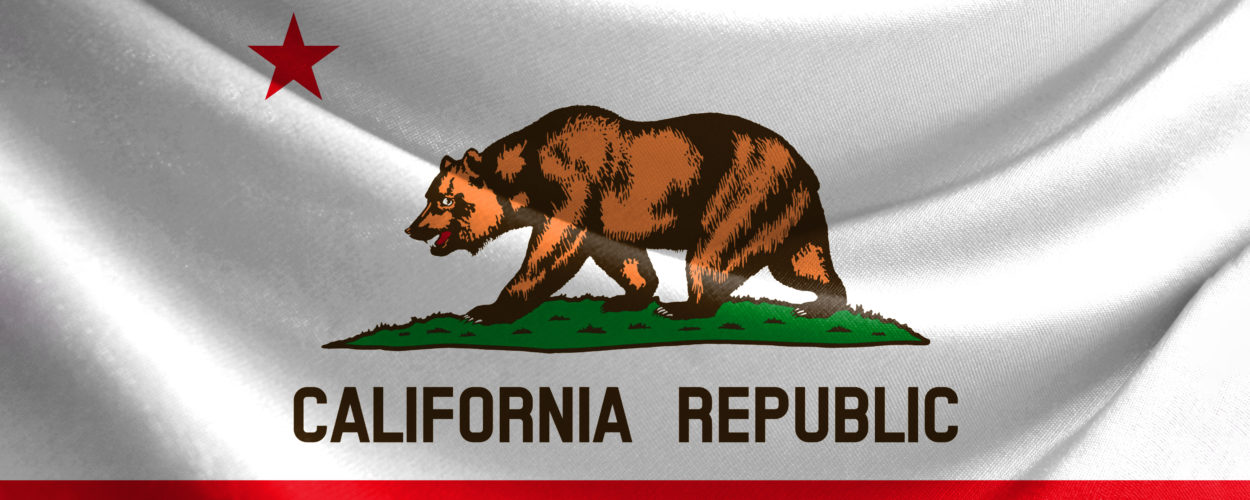This website uses cookies so that we can provide you with the best user experience possible. Cookie information is stored in your browser and performs functions such as recognising you when you return to our website and helping our team to understand which sections of the website you find most interesting and useful.
Business News Labels & Publishers Legal
California rap lyrics legislation now just awaiting Governor approval
By Chris Cooke | Published on Tuesday 23 August 2022

New laws in California that will restrict the use of rap lyrics as evidence in criminal cases in the state have now more or less passed through the full law-making process, and just need to be formally signed off by Governor Gavin Newsom. The state’s Senate joined its Assembly in voting through the new rules last week, but the Assembly still had to approve amendments made by the Senate.
The new Californian legislation – known as AB 2799 – mirrors proposals made elsewhere in the US to deal with concerns that an increasing number of criminal cases in America have used a defendant’s creative output as evidence against them.
This tends to disadvantage those who make rap and hip hop, because people are often prone to assume that rap lyrics are more rooted in reality than lyrics written by artists in other genres. Even, though, of course, rappers like any music-makers usually present a partly or entirely fictionalised world in their lyrics.
Ahead of the vote on those proposals in the Californian Senate last week, Recording Industry Association Of America chief Mitch Glazer wrote to Toni Atkins, the current President Pro Tempore of the Senate, explaining the importance of the proposed new laws to restrict the use of lyrics and other creative expression as evidence in criminal trials.
Glazer pointed out that “hyperbole and fantastical imagery” are commonplace in lyrics, but that that fact isn’t always acknowledged depending on genre.
Although similar rules have been proposed elsewhere in the US – and at a federal level in Washington – California is the first state to get them into law. Similar proposals in New York were approved by the state’s Senate, but didn’t get voted on in the Assembly before the current session of the state’s legislature came to an end.
The new rules in California won’t outright stop lyrics and such like being used as evidence in criminal cases, but – the formal explanation of AB 2799 explains – they do “require a court, in a criminal proceeding where a party seeks to admit as evidence a form of creative expression, to consider specified factors when balancing the probative value of that evidence against the substantial danger of undue prejudice”.
In particular, when it comes to assessing whether a defendant’s creative expression really proves anything of relevance or importance in relation to a specific case, the court will have to assume “that the probative value of the creative expression for its literal truth is minimal unless that expression meets specified conditions”.





